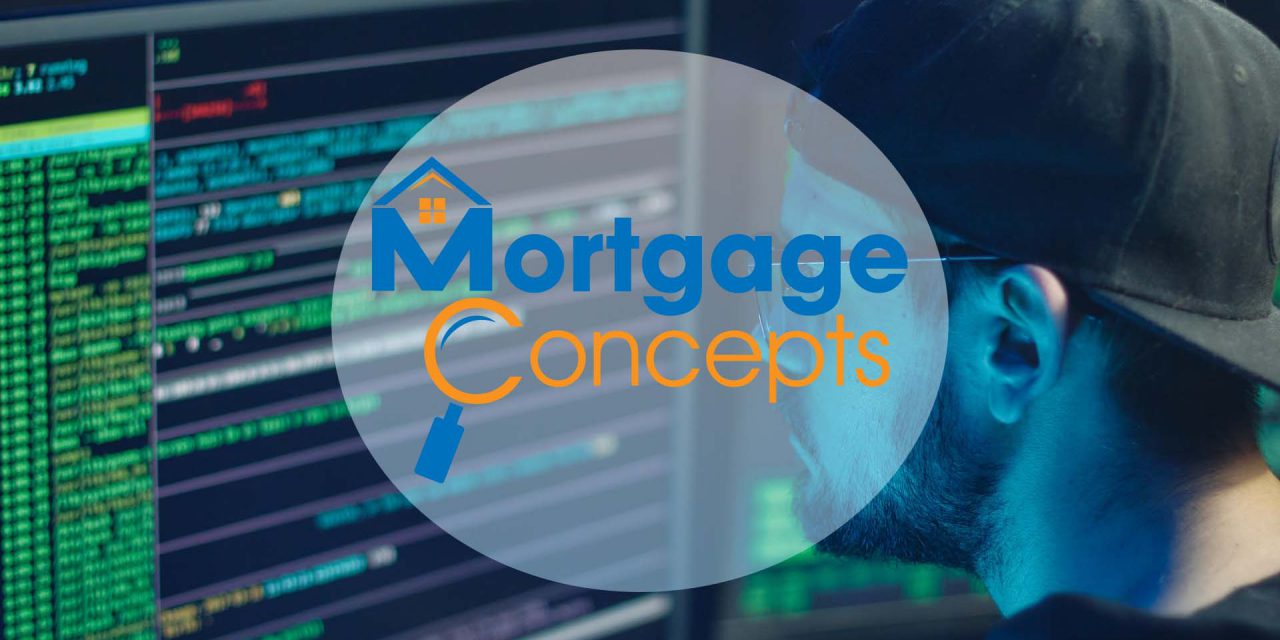Mortgage Concepts is a recurring video series covering best practices and compliance education for California mortgage loan originators. This video discusses common mortgage relief scams mortgage loan originators are likely to encounter in their business. For course credit toward renewing your NMLS license, visit firsttuesday.us. Continue on to Mortgage Concepts: Common mortgage fraud schemes, Part 2 here.
Common mortgage relief scams
Financially vulnerable homeowners, like those seeking mortgage assistance relief services, are prime targets for fraudsters. As a mortgage loan originator, you are often a homeowner’s first line of defense and education against this type of fraud. Let’s take a look at today’s most common mortgage relief scams.
Scammers use a variety of tactics to locate homeowners in distress, like sifting through public foreclosure notices or placing misleading ads online. They use simple – but potentially deceptive – messages, like:
“Stop foreclosure today!”
“We have special relationships with banks to speed up approval!”
“100% Money Back Guarantee!”
Sound familiar? Scammers entice victims with similar promises in mortgage ads violating the Mortgage Acts and Practices Advertising rule.
Scam artists tell consumers that, for a fee, they’ll negotiate a deal with the lender to reduce the consumer’s mortgage payments or save their home from foreclosure. They may claim to be attorneys or represent a law firm. They may also tell the consumer not to contact their lender, lawyer or credit counselor. Instead, the scammer will insist on accepting mortgage payments directly while they negotiate with the lender. But after a few months, the scammer will stop returning calls and disappear with the consumer’s money.
For example: the “forensic loan audit” was the most popular mortgage modification scam of the 2008 subprime mortgage crisis.
In exchange for an upfront fee, so-called forensic loan “auditors” offer to review a consumer’s mortgage for lender compliance. The “auditors” claim consumers can use their report to avoid foreclosure, expedite the mortgage modification process, reduce what is owed, or even cancel the mortgage.
According to the Federal Trade Commission and its law enforcement partners, there is no evidence that forensic loan audits help consumers get a loan modification or any other foreclosure relief, even if they’re conducted by a licensed professional.
In rent-to-buy schemes, fraudsters instruct consumers to surrender title to their homes as part of a deal that allows them to rent the property and buy it back later. They claim that surrendering title will let a borrower with a better credit rating get new financing and prevent foreclosure.
But the terms of these deals are so unfavorable that a buyback becomes impossible. The consumer loses the house and the scam artist walks off with the money. Worse, when the new borrower defaults on the loan, the original owner is the one who’s evicted.
In a variation, the scam artist raises the rent to evict the consumer, leaving the “rescuer” free to sell the house.
In a similar scam known as equity-skimming, fraudsters offer to find a buyer for the home, but only if the consumer signs over the deed and moves out.
They promise to pay the consumer a portion of the home sale proceeds–but once the consumer transfers the deed, the scam artist simply rents out the home and pockets the proceeds while the lender forecloses.
The consumer is left holding the bag for the unpaid mortgage because transferring the deed does not transfer the mortgage balance.
In a bait-and-switch scam, con artists give consumers papers they claim the consumer needs to sign to get another loan to bring their mortgages current. But buried in the stack is a document that surrenders the title to the consumer’s house to the scammers in exchange for a “rescue” loan.
Scammers beware: the Consumer Financial Protection Bureau, or CFPB, can seek civil penalties and monetary relief for violations of Regulation O. State attorneys general also enforce this section. [12 CFR §1015.10]




















Thanks
I appreciate the effort you took to write it. Please make more posts like this I will continue to support you. Thank you for sharing this article.